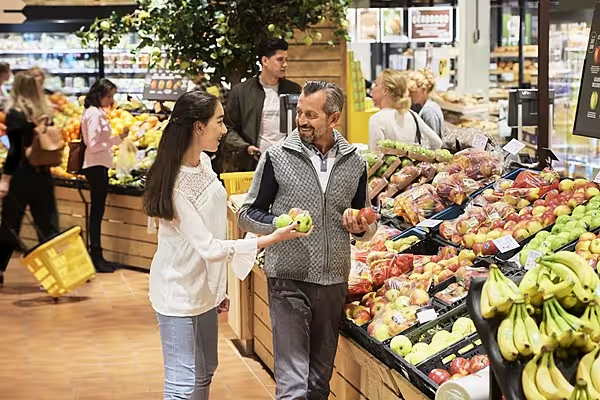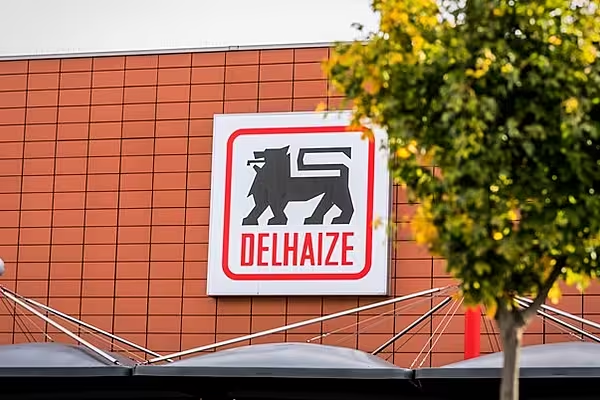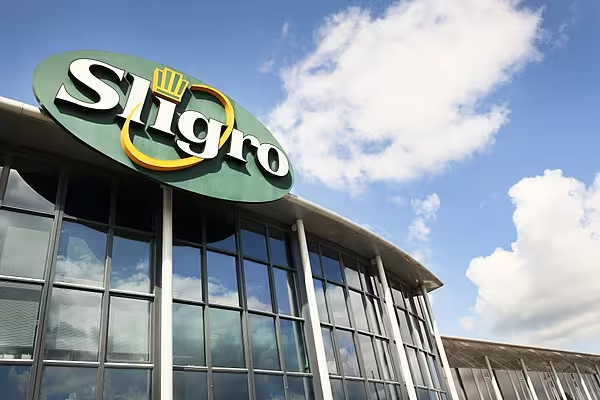Choprabisco is the Belgian industry association for companies that produce and/or market chocolate, pralines, biscuits and confectionery in Belgium.
Its list of members includes 170 small, medium-sized and large companies, ranging from one-person and family businesses to international companies.
Guy Gallet, secretary general of Choprabisco, talks to ESM about how significant progress has been made on the sustainability journey of the sector.
How important is the confectionery industry in Belgium, in terms of both trade and employment?
The Belgian chocolate, praline, biscuit and confectionery industry is one of the main subsectors of the Belgian food industry.
The sector employees 14,200 people – 14% of the Belgian food industry – and has an annual turnover of nearly €7.7 billion – 10% of the Belgian food industry.
Under Choprabisco’s Beyond Chocolate strategy, all chocolate produced or sold in Belgium must meet certification standards or be part of a corporate sustainability programme by 2025. How close are you to achieving this?
Choprabisco has, since the start of Beyond Chocolate, encouraged all members to commit to Beyond Chocolate’s 2025 objective. Year after year, significant progress has been made on the sustainability journey of the sector.
In 2023, we worked with 905 partners worldwide in 67 countries, convening 141 multi-stakeholder coalitions and platforms, and leveraging over €43 million in private-sector co-funding in sustainable business practices and field-level innovations.
This action-oriented collaboration has created positive impact at scale for workers, farmers, and the environment.
In 2022, 90% of all chocolate produced and 68% of all sold chocolate in Belgium met certification standards or was part of a corporate sustainability programme.
In 2023, further progress was made, with 94% of all chocolate sold in Belgium and 70% of all chocolate produced in Belgium meeting the objective.
What have been some other quick wins under the Beyond Chocolate strategy, and what is taking longer to implement?
The Belgian chocolate industry is a major importer and processor of cocoa beans. Each year, Belgium imports over 300,000 tonnes of cocoa beans, 70% of which is sourced from two countries: Ivory Coast and Ghana.
The Belgian market is witnessing a positive evolution towards greater sustainability. In December 2018, Beyond Chocolate got under way – the Belgian multi-stakeholder initiative to jointly take on the complex challenges in the cocoa sector.
The partnership has prompted a collective movement of the sector to make sure that, as we move forward, the ‘Belgian Chocolate’ brand is not only recognised on the strength of [its] high quality and excellent craftsmanship, but also because of the ethical values the Belgian chocolate industry abides by.
Partners who signed the initiative’s statement of intent are working to sustainably improve the living conditions of cocoa farmers in the regions that are relevant to the Belgian market.
The partnership is keen to support the cocoa-growing communities in their economic development, give their children access to education, and promote the sustainable use of natural resources.
Over 70 chocolate companies, retail chains, universities, [non-]governmental development organisations, impact investors, certification bodies and trade unions have signed up to the partnership. Choprabisco, too, has been a staunch supporter of this scheme from the outset.
Certification, or being part of a corporate sustainability programme for all chocolate sold in Belgium, has been achieved now for 94%, so almost all chocolate sold in Belgium is sustainable.
The Beyond Chocolate multi-stakeholder platform has strongly contributed to this achievement, as Belgian manufacturers and retailers are part of the platform and encouraged each other to commit to the objective.
Belgian chocolate produced in Belgium but exported is a harder challenge, as there are still export markets not giving priority to only buy certified or chocolate that is part of a corporate sustainability programme.
The long-term 2030 objective of living income for cocoa farmers is another, more challenging objective because of the complexity of the supply chain and the enormous increase of cocoa prices on the world market since Q3 2023, with a peak in April 2024.
Today, market prices are far above the price level which was determined as a minimum to guarantee a living income for farmers. However, the production has declined so much that, despite higher market prices, farmers don’t achieve a reasonable living income.
Choprabisco has been very active in supporting its member companies in addressing the challenges of attracting and retaining talent. How much of an issue is this?
With 14,200 employees, the Belgian chocolate, praline, biscuit and confectionery industry is one of the main subsectors of the Belgian food industry, which offers jobs to over 100,000 people. This is 14% of the food industry! On average, companies have about 600 vacancies per year.
For several years now, all food companies, large and small, have been dealing with the challenge of attracting, retaining and recognising talent.
Particularly, the technical jobs are much in demand and not easy to fill, but also IT, marketing and sales – and, more recently, quality assurance and sustainability jobs – are challenges to get filled in, which is why Choprabisco has prioritised ‘talent’ as a topic in its strategic vision for 2030.
This is a long-term effort that begins with today’s youth. Young people need to be encouraged to see the wide number of opportunities in the tastiest industry in the country, both at artisanal and advanced tech levels.
The way we go about this, in a practical sense, is by raising awareness among our membership to take part in Food Tech Talent, to use the dual learning system, and to meet students who are taking part in the Food Forward Event.
Food Tech Talent is a joint scheme set up by Alimento, the food industry’s training institute, and Fevia, which enables youngsters to discover food companies by way of company visits.
This is a great opportunity to stand out as a potential employer for your future talented professionals! The latest edition drew 18 companies from the food industry, of which eight are from the Choprabisco industry.
Dual learning is a government-recognised system whereby pupils acquire knowledge and skills at school, as well as in the workplace. Dual learning sees you invest in the future of youngsters, but, above all, in the future of your company, especially as these pupils often stay on to work at the company.
The Food Forward Event that is organised by Fevia, Flanders’ FOOD, Wagralim and Alimento each year has presentations on tomorrow’s food, with a competition for schools, whereby students come to present an innovative food product. It is also where food companies can meet future talented professionals as part of a ‘speed dating’ event.
Cocoa prices – among other commodities – have surged in recent months in global markets. How have Choprabisco and its members navigated this challenge?
The price of raw materials, but also energy and labour costs, have been rising significantly since Covid and the energy crisis.
Each company defines its own strategy to cope with these challenges: cost savings, efficiency improvements, format changes, reformulations, and/or price adaptations.
In what areas would you like to see a reduction in regulatory or legislative constraints, both at a domestic and European level?
Reduction of administrative burdens are key, especially for SMEs.
The upcoming legislations regarding CSRD, along with EUDR and EUFLR, are examples of increasing administrative complexity.
To what degree is Choprabisco readying its members for the EU Deforestation Regulation [EUDR], taking into account the one-year postponement?
We help our members by keeping them up to date of all communications – information provided by the EU Commission and the Belgian authorities. While explaining the legislation, we organise webinars and provide guidelines.
For more information, visit Choprabisco here.













